О Натуральных фантазийных бриллиантах Аргайл
Начиная с конца 19-го века, небольшие количества алмазов были найдены в Австралии в результате поиска золота. Затем в 1969 году началось систематическое исследование Западной Австралии, и 2 октября 1979 года алмазы были обнаружены в вулканической трубе Аргайла в районе Кимберли.
Открытая добыча полезных ископаемых началась в 1985 году. Шахта принадлежит англо-австралийскому горнодобывающему гиганту Рио-Тинто.
Бриллианты Аргайл
Алмазный рудник Аргайл является крупнейшим в мире поставщиком алмазов. Он добывает около 80 процентов коричневых бриллиантов, около 15 процентов желтых оттенков, около 4 процентов белых бриллиантов, а остальной 1 процент-красные, розовые, зеленые и синие оттенки.
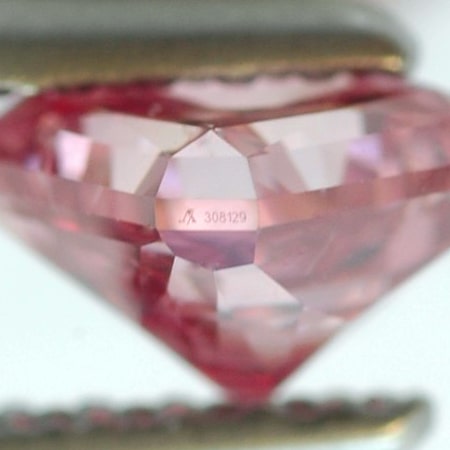
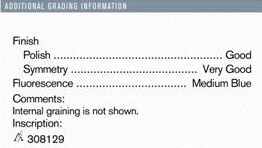
Увеличенное изображение гравюры Аргайла, номер 308129 и рядом с ним надпись: скан сертификата GIA, в котором упоминается серийный номер Аргайл
Цветовая классификация Аргайла
Цветовая диаграмма Аргайла:
Аргайл имеет свою собственную цветовую гамму, которую используют для камней. Ниже приведен полный список:
• PP-(пурпурно-розовый) : 9PP, 8PP, 7PP, 6PP, 5PP, 4PP, 3PP, 2PP, 1PP
• P- (розовый) : 9P, 8P, 7P, 6P, 5P, 4P, 3P, 2P, 1P
• PR- (розовый) : 9PR, 8PR, 7PR, 6PR, 5PR, 4PR, 3PR, 2PR, 1PR
• PC - (розовое шампанское) : PC1, PC2, PC3, PC4
• BL - (синяя вуаль) : BL1, BL2, BL3, BL4
• Красный
Производство Аргайла
С 1994 года на руднике Аргайл ежегодно добывается около 35 миллионов карат алмазов, что составляет более трети от общего объема добычи алмазов в мире.
В бриллиантах Аргайла выделяются две уникальные особенности:
1. Некоторые считают, что из-за более сложного расположения атомов в этих
алмазах они более твердые, чем другие алмазы (и это также придает им их темный
цвет). Хотя этот факт не может быть получен и поэтому все еще остается под
вопросом.
2. Около 70 процентов алмазов Аргайла становятся флуоресцентно-синими, когда их помещают под ультрафиолетовый свет.
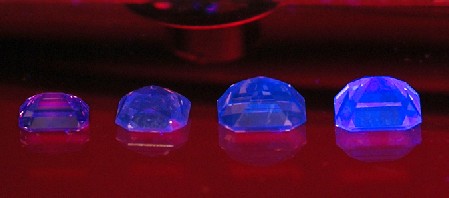
Синие флуоресцентные уровни слева направо: нет, слабый, классический синий, ярко синий
Розовые и красные бриллианты:
Рудник Аргайл является одним из крупнейших рудников в мире и является главным источником редких природных фантазийных розовых алмазов. Она производит около 90 процентов мировых запасов розовых алмазов.
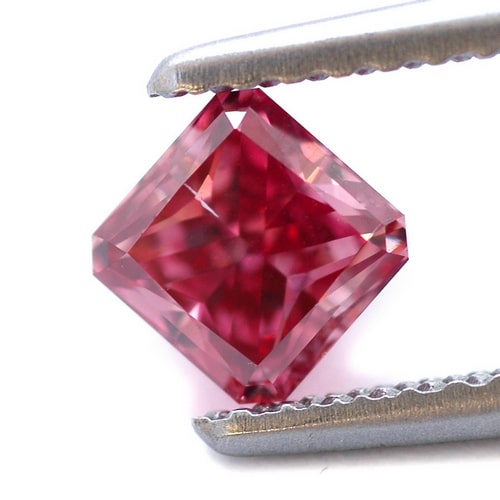
0.52 карата, фантазийный пурпурно-красный, радиант
Эти камни так высоко ценятся, что каждый год на торги выставляется от 40 до
60 лучших бриллиантов.
Природный красный алмаз, один из самых редких среди фантазийных цветных алмазов, настолько редок, что каждый год добывается лишь несколько камней. Даже эти алмазы, добываемые на руднике Аргайл, не являются чисто красными, а скорее классифицируются как фантазийные коричневато-красные, ярко-пурпурно-розовые, фантазийные пурпурно-красные и некоторые другие оттенки.
Коричневые бриллианты
Рудник Аргайл является ведущим мировым производителем алмазов коричневого цвета.
Это самые распространенные природные цветные бриллианты, доступные на рынке, и часто продаются как бриллианты цвета коньяк и шампанского, чтобы добавить им очарования. Поскольку добыча на руднике Аргайл в последние годы снизилась, а шахтеры и геологи до сих пор не нашли новых месторождений, спрос вырос, и эта тенденция, как ожидается, сохранится.
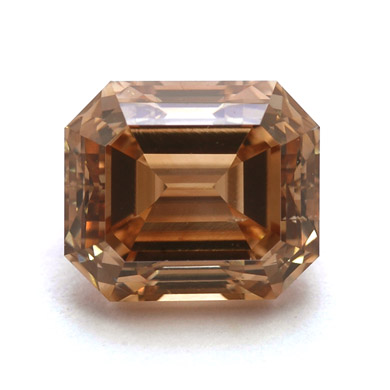
1.07 карата, бриллиант цвета шампанского изумрудной огранки
Голубой бриллиант
Рио Тинто предложил коллекцию редких голубых бриллиантов Аргайла, соответственно названных "Однажды в Голубой Луне"." Этот тендер длился один месяц, с 3 марта по 8 апреля 2009 года. Закрытый тендер был проведен в Перте, Гонконге и Токио.
В пресс-релизе Джозефина Арчер, менеджер по продажам и маркетингу компании Argyle Pink Diamonds, сказала: "Мы рады продемонстрировать нашу первую в истории коллекцию драгоценных голубых и фиолетовых алмазов Аргайл, полученных в результате нескольких лет добычи на руднике. Это очаровательная коллекция, которая понравится как знатокам, так и коллекционерам."
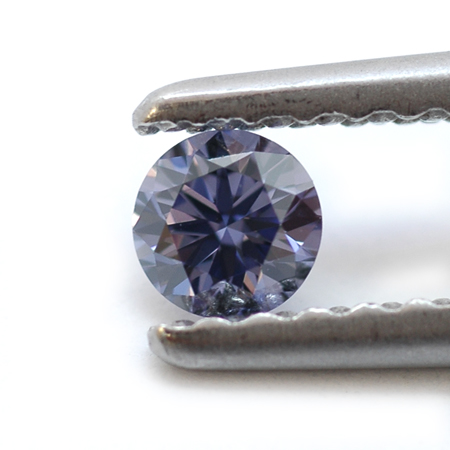
0.11 карата, фантазийный серовато-фиолетовый бриллиант, круглая форма, чистота SI1
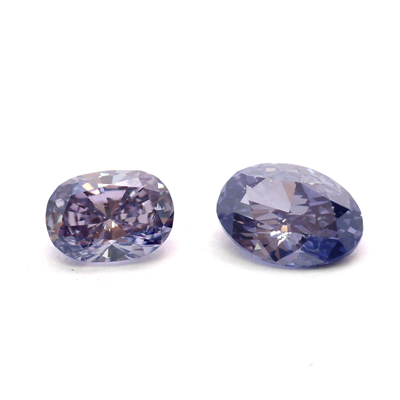
Чистый фиолетовый: 0.13 карата, фантазийный интенсивно-фиолетовый и 0.18 карата, фантазийный темно-фиолетовый
Добыча Аргайл Рио Тинто
В 2008 году компания "Аргайл" прекратила добычу открытым способом и ушла под землю. Ожидается, что годовая добыча подземного рудника в 2007-2018 годах составит около 60 процентов от прежнего годового среднего показателя шахты, а производительность, как ожидается, сохранится примерно на 10 лет.
Мы изготовим на заказ уникальные ювелирные украшения с бриллиантами Аргайл на Ваш вкус! Спешите приобрести настоящее произведение искусства в нашем ювелирном магазине.
